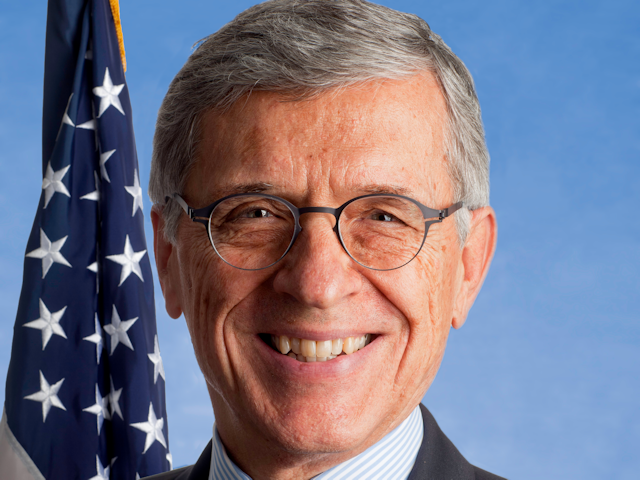
After a year-long fight, proponents of Net Neutrality may have found a supporter in the unlikeliest of places: the Chairman of the FCC.
In an op-ed published on Wired on Wednesday, Chairman Tom Wheeler disclosed his plan to reclassify internet service as a Type II utility, making it illegal for internet service providers to discriminate between different customers and thus prohibiting speed throttling or content blocking.
This is a bit unexpected. Back in June, John Oliver dedicated a segment to the topic of Net Neutrality that outlined why internet service providers being able to create “fast lanes” for internet service would be a bad idea for the consumer. His video raked in almost 8 million views:
At that point it seemed that the FCC would side with the ISPs, especially since Wheeler had actually served as a lobbyist for the cable and wireless industries in the past. But the fight over Net Neutrality had forced two unlikely parties to come together: activists and corporate giants like Google. And perhaps their voices were heard.
In his op-ed Wheeler mentions that the FCC has played a major part in making the internet what it is today by opening networks. He even reminisced about his past as a business owner and his experience when networks are limited. And he stated his belief that the internet should be an open network as telephone lines are.
Cable service providers, on the other hand, state that this type of regulation would be damaging to their ability to raise investment for their operations. Other political opponents claim that this is simply a power-grab by the FCC to regulate a private industry.
Wheeler is planning to soften the blow of the reclassification of internet as a Type II utility by not enforcing the section of the classification that allows the FCC to regulate rates. However, the section that allows the FCC to extract funds from ISPs to subsidize development seems to still be in place.
Keeping the net neutral is going to benefit everyone from media companies like Netflix, to users that consume that media, to new businesses that need an open internet to compete, to independent creators of content that use the internet as a distribution channel.
The truth is, this announcement is likely only the beginning of the fight, as ISPs and opponents of this specific plan aren’t likely to take this laying down. We are also yet to see any of the details and fine print for the proposal. But it’s a clear sign that the grassroots activism in favor of Net Neutrality has had an impact. And it’s a sign that the FCC – or at least its Chairman – now holds a position in favor of Net Neutrality.
And perhaps the clearest sign of our need for an open internet, no matter which way it comes, is Oliver’s clip that kicked the the grassroots campaign that already existed into overdrive.